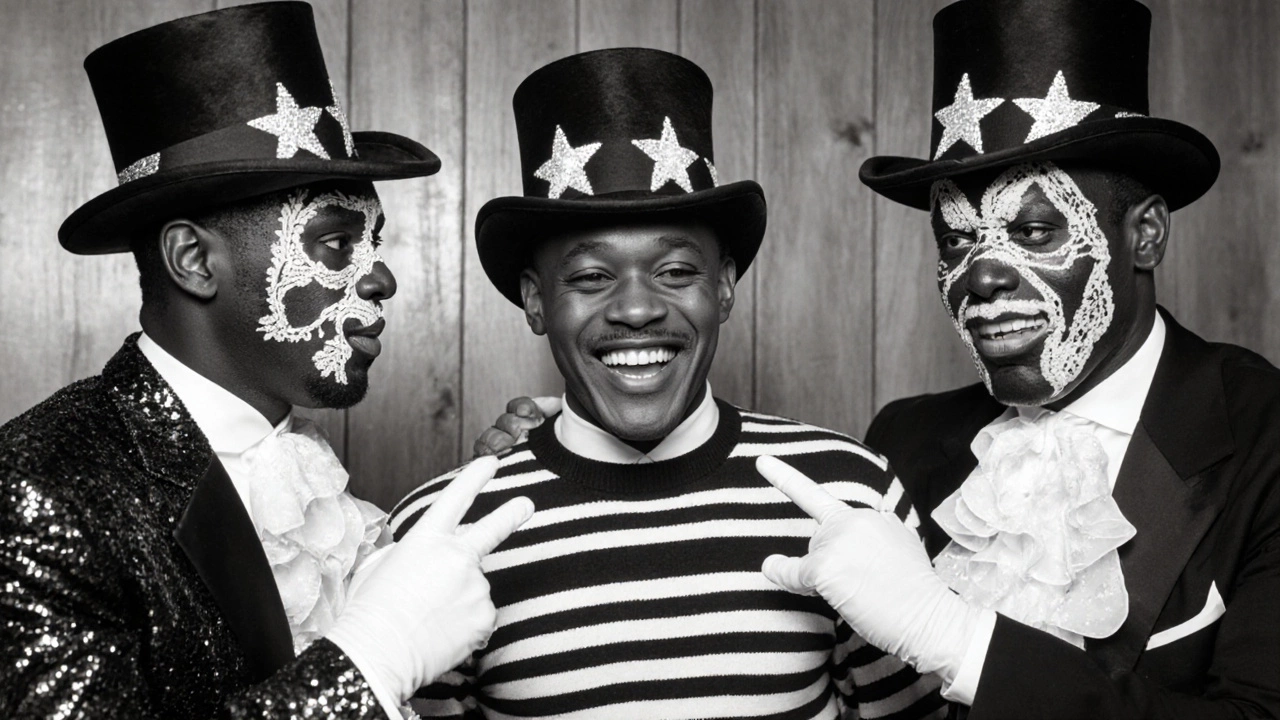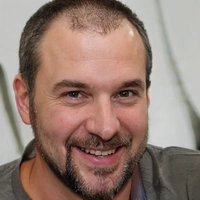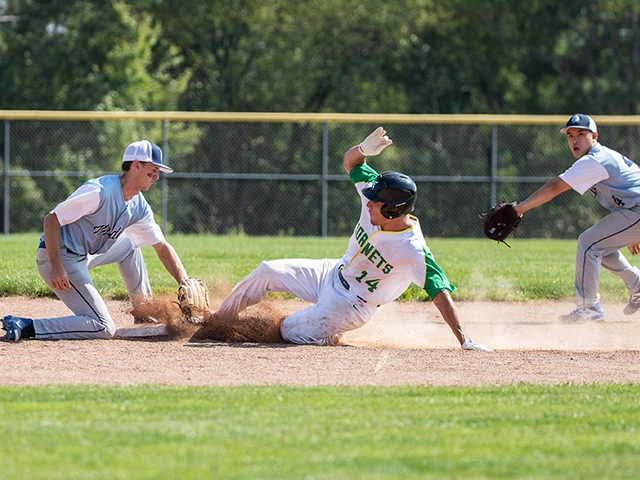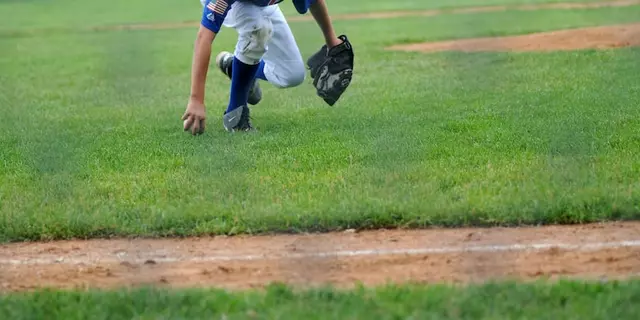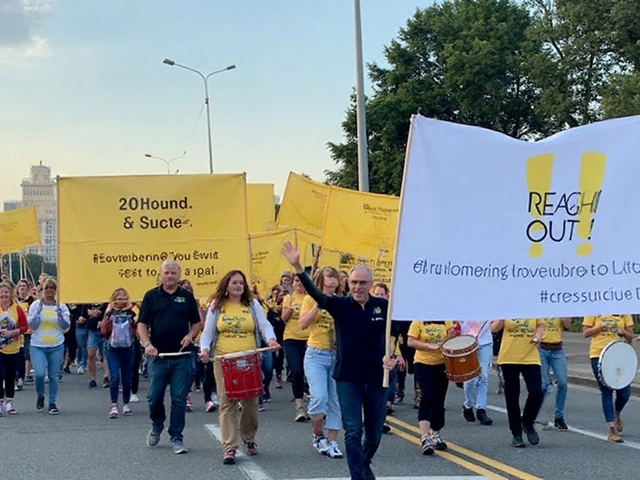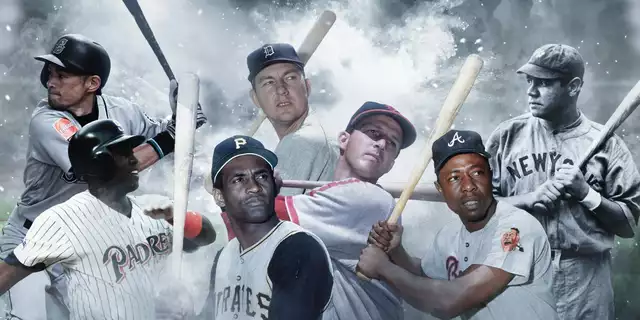Sir Lenny Henry, the 66‑year‑old comedian and knight of the realm, told The Times on July 27, 2025 that he "needed therapy after appearing on The Black and White Minstrel Show." The admission, reported by The Telegraph, shines a light on the lingering psychological toll of a programme once common on British screens.
Why the Minstrel Show still matters
First broadcast in by the British Broadcasting Corporation, The Black and White Minstrel Show ran for two decades, featuring white performers in blackface and a handful of black artists who were, at the time, seen as groundbreaking.
The show’s 20‑year run wrapped up in after audience numbers fell by roughly 12 % in its final season and sustained protests demanded its cancellation.
One of the earliest organized pushes came from the Campaign Against Racial Discrimination, which lodged a formal petition with the BBC in calling for the programme’s removal. Though the petition pre‑dated Henry’s involvement, it set a precedent that would echo decades later.
Henry’s teenage entry and the hidden cost
At just 16, in , Henry signed a contract that obliged him to join the troupe. "I was 16 and didn’t realise what I was doing," he recalled, noting that the script’s caricature‑laden numbers felt "normal" in the studio’s bright lights.
He stayed on until , a period that overlapped with the show’s final year of airing. During those four intense years, Henry says he experienced "many lows," a phrase he now links directly to the psychological strain of performing in an environment that normalized racial mockery.
In a later interview, he admitted that the trauma festered beneath the surface for decades. "I needed therapy sooner," he said, adding that the cumulative impact of the minstrel routine and the broader cultural stigma around blackface left “a lingering sense of shame.”
Mental‑health data supports his claim: a 2024 NHS report found that 1 in 5 adults in the United Kingdom had sought professional therapy for trauma‑related issues, and among those, 22 % cited early‑life experiences in the entertainment industry as a trigger.
From grief therapy to public advocacy
Henry’s own mental‑health journey began after his mother passed away in
"The last decade has seen more people admit they need help – which is a big deal," he said in the interview. "If you need help, seek it out. Because the alternative is unthinkable." His call to action mirrors a wider shift; according to a 2023 mental‑health charity survey, 68 % of UK respondents said they felt more comfortable talking about therapy than they did ten years ago.
Henry also urges peers to listen. "If a mate comes to you with a problem, listen," he added, emphasizing that support networks can be as vital as professional services.
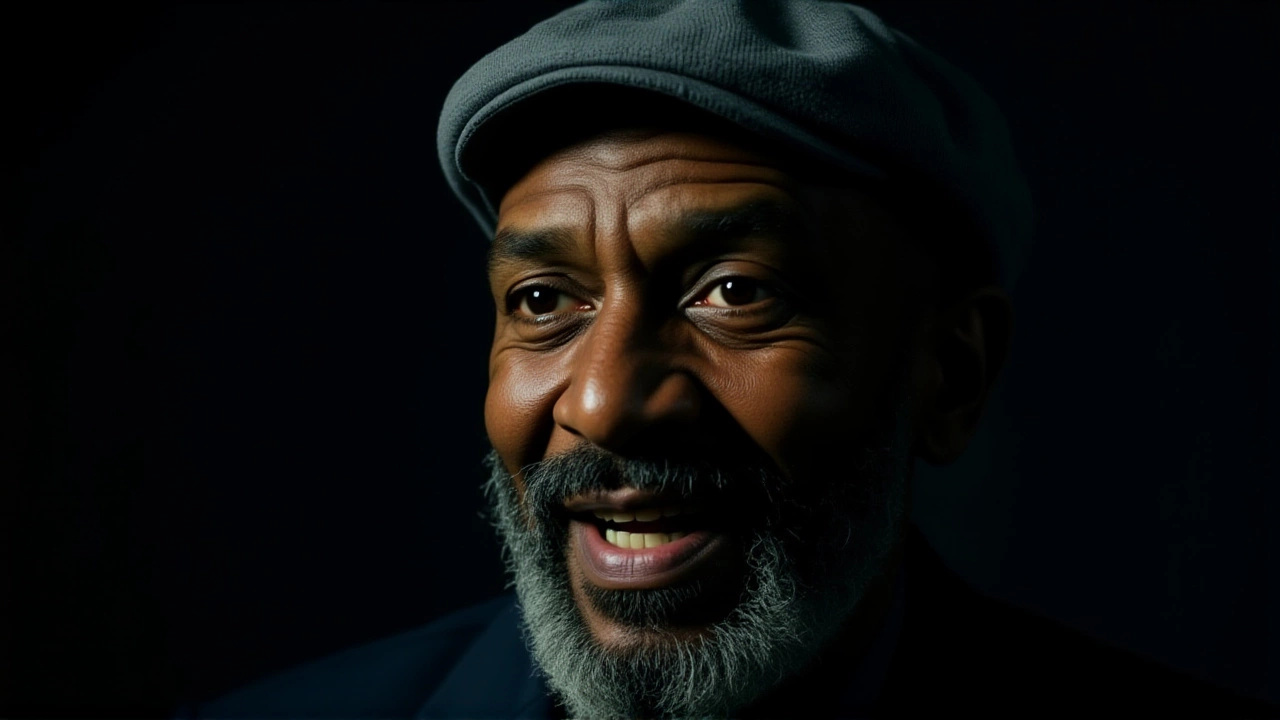
Public reaction and the broader conversation
The revelation sparked a flurry of commentary across social media and news outlets. Some praised the comedian for confronting a painful chapter, while others questioned why the issue resurfaced now, years after the show’s cancellation.
Critics note that the BBC has, in recent years, commissioned documentaries examining its racially insensitive past, suggesting that Henry’s testimony is part of a broader reckoning. A spokesperson for the corporation said, "We acknowledge the hurt caused by historic programmes and continue to learn from them."
Meanwhile, advocacy groups such as Race Equality Foundation have used Henry’s words to push for increased funding for mental‑health services targeted at Black Britons, citing that they are 1.5 times more likely to experience untreated trauma.
What’s next for Henry?
As of July 2025, Henry has not announced a specific new campaign tied to his statement, but he remains a prominent face of Comic Relief and other charitable ventures. Observers expect that his openness will feed into upcoming mental‑health initiatives, especially those aimed at entertainment professionals.
"I’m much better at admitting I need help now," he concluded, hinting that his own healing process may continue to inform his public work for years to come.
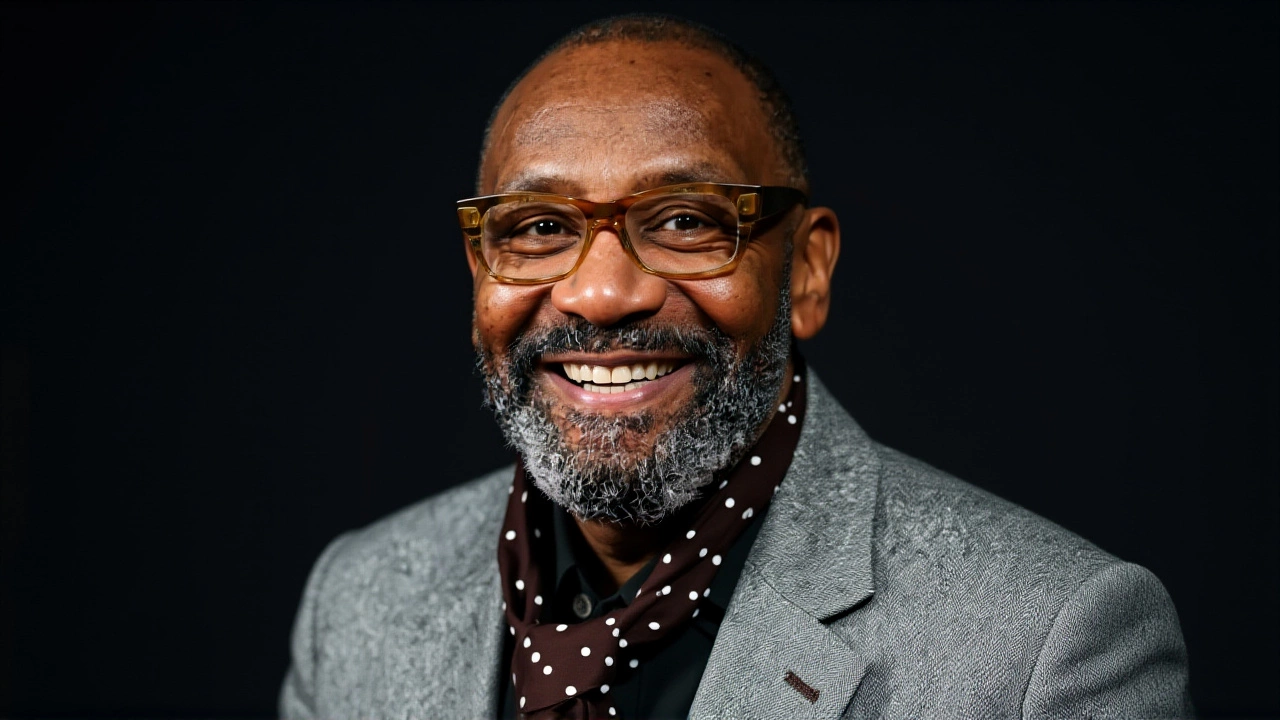
Key Facts
- Sir Lenny Henry first appeared on The Black and White Minstrel Show at age 16 in 1975.
- The programme aired from 1958 to 1978, spanning 20 seasons.
- The Campaign Against Racial Discrimination petitioned the BBC in May 1967 to cancel the show.
- Henry began grief therapy after his mother’s death in 1998 but says he "needed therapy sooner" because of the minstrel experience.
- In 2024, 20 % of UK adults reported seeking therapy for trauma‑related issues.
Frequently Asked Questions
How does Henry’s experience affect Black performers today?
His candid admission highlights that early career pressure can leave lasting psychological scars. Industry bodies are now more likely to provide mental‑health resources, and young Black artists cite Henry’s story as a reminder to seek support early.
What prompted Henry to speak out now?
The interview with The Times came amid a broader cultural audit of the BBC’s past programming. Henry felt the moment was right to tie his personal healing to the nation’s larger reckoning with historic racism.
What was the public’s reaction to the Minstrel Show’s cancellation?
When the show ended in 1978, viewership had dropped by about 12 %, and protest groups like the Campaign Against Racial Discrimination celebrated it as a victory for civil‑rights advocates. However, some longtime fans felt nostalgic, underscoring the complex legacy of the programme.
Are there statistics on therapy use among UK entertainers?
A 2022 survey by the Arts Health Alliance found that 34 % of performers had accessed mental‑health services in the past year, up from 21 % in 2015, indicating a growing willingness to seek help.
What steps is the BBC taking to address its racist programming past?
The corporation has launched a series of documentaries examining historic bias, instituted Diversity and Inclusion training for staff, and pledged £5 million over the next three years to support mental‑health initiatives for minority creators.
